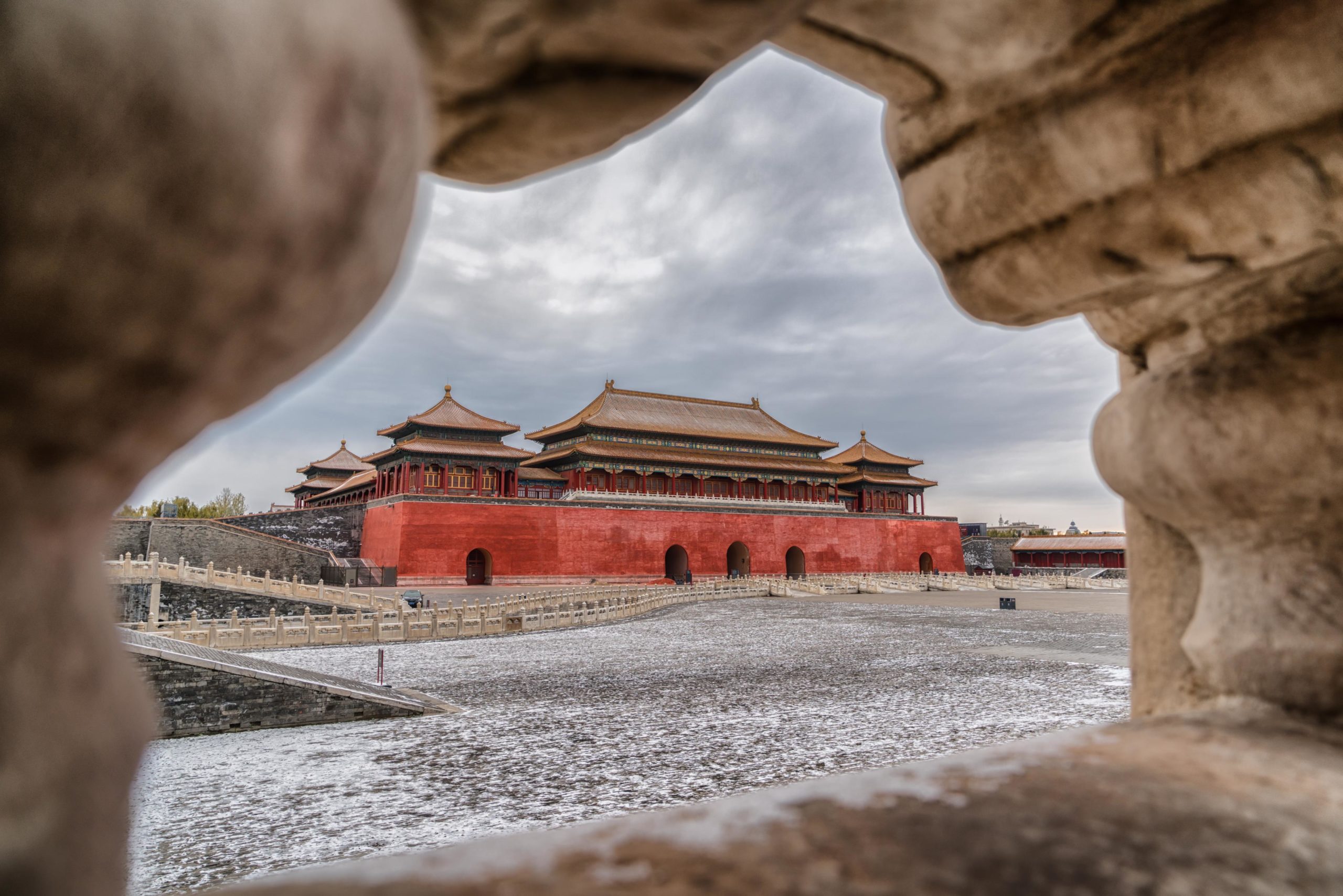‘Forgive me for loving freedom’: The enduring Hong Kong rock anthem

For 25 years, the 1993 ballad “Boundless Oceans, Vast Skies” from the Hong Kong band BEYOND has soared above protests, marches, and rallies in mainland China, Hong Kong, and Taiwan.
The 2008 Sichuan Earthquake. Occupy Central in 2014. The Sunflower Movement in Taipei. And now in 2019, it’s belted out on the streets of Hong Kong.
It’s a rare, enduring anthem.
The 2018 documentary Our Youth in Taiwan (我们的青春,在台湾 wǒmen de qīngchūn, zài táiwān) has this extraordinary moment that underscores just how enduring this song has been. The film, which follows two activists who rose to prominence in the Sunflower Movement of 2014, won the Golden Horse Award for Best Documentary in 2018 and infamously led to a blanket boycott of the film awards from mainland filmmakers.
Twenty minutes into the film, the protagonists Chen Wei-Ting and Cao Boyi travel to Hong Kong to meet the then-teenage Joshua Wong and his student group Scholarism.
They get dinner. Around the table, there are Hong Kong pro-democracy groups, Taiwanese protesters, mainland Chinese student activists. They’re trying to find common ground between their respective movements. Should they say, “Down with the CCP”? — Probably not. Chant some slogans? — Which ones, though? Sing The Internationale? — Nah, too obscure.
Then Chen starts on the first bars of “Boundless Oceans, Vast Skies,” and the matter is settled. BEYOND connects the dots, and none of them were even born when the song was written.
BEYOND, formed in the early 1980s, were already rock stars when “Boundless Oceans, Vast Skies” was released in 1993. It was, tragically, one of the last recordings they made with iconic singer Wong Ka Kui (黄家驹 Huáng Jiājū).
Wong, at the peak of his fame, suffered a fatal head injury during a shoot in Tokyo just two months after the song’s release, and died aged 31. Comparisons to Nirvana’s Kurt Cobain are often made in explaining the shock his death generated and the stature of BEYOND in Hong Kong’s collective memory.
Musically, it’s a yearning soft-rock ballad — freedom and the pursuit of dreams figure prominently, with lyrics that both celebrate the life and release from prison of Nelson Mandela and criticize the shallowness and greed of Hong Kong’s music industry. Like the best anthems, it can stand in for any cause, and soundtrack many disparate movements.
The chorus is a case in point:
原諒我這一生不羈放縱愛自由
yuánliàng wǒ zhè yīshēng bùjī fàngzòng ài zìyóu
Forgive me for loving freedom all my life
也會怕有一天會跌倒
yě huì pà yǒu yītiān huì diédǎo
And though I’m afraid of falling one day
放棄了理想 誰人都可以
fàngqìle lǐxiǎng shéi rén dōu kěyǐ
Giving up my ideals (as anyone can)
那會怕有一天只你共我
nà huì pà yǒu yītiān zhǐ nǐ gòng wǒ
I won’t be afraid even if there’s just you and me.
Friday Song is SupChina’s weekly sign-off. Let us know what you thought of the week that was in the comments below, or email editors@thechinaproject.com.





